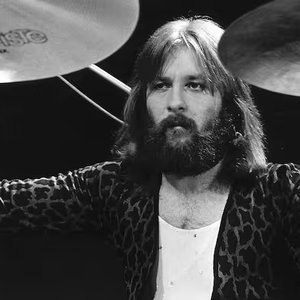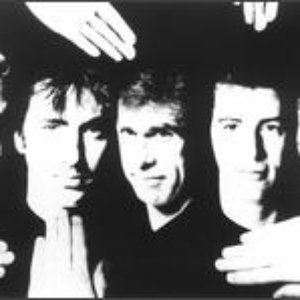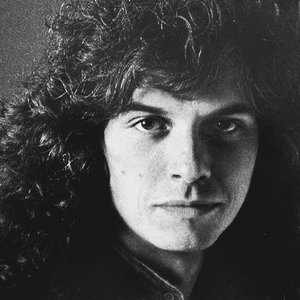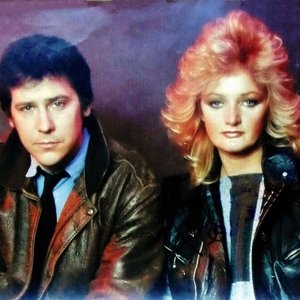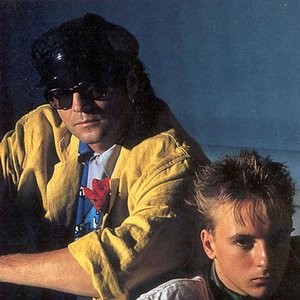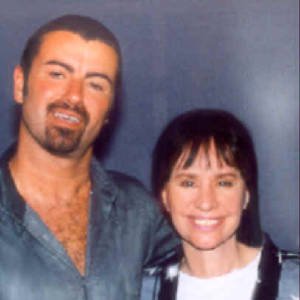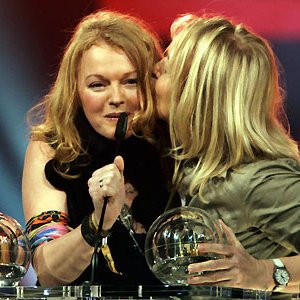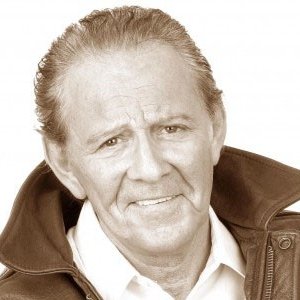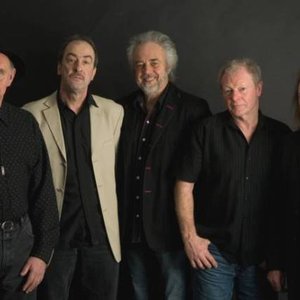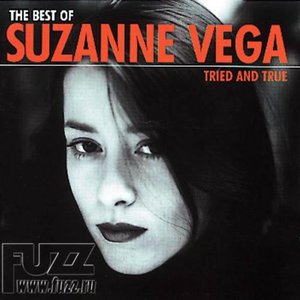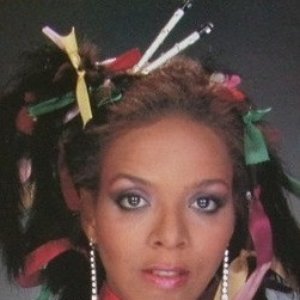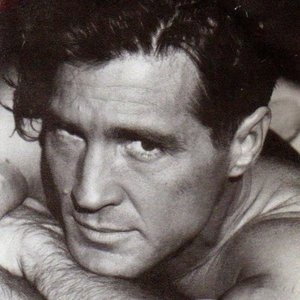Biography
There are (3) musicians with the name (Paul King):
1: Paul King (Early 70's revival musician)
2: Paul King (musician, VJ)
3: Paul King (UK Hard House producer)
1. Paul King (born January 9, 1948, Dagenham, UK), was a member of Mungo Jerry between 1970 and 1972. He contributed occasional lead vocals, and played acoustic guitar (6 and 12 string), banjo, harmonica, kazoo and jug. His songs on the first Mungo Jerry album and on the early maxi-singles were generally more folksy and lighter in style than those of group leader Ray Dorset, and he was frustrated when his own songs were constantly rejected for subsequent albums.
On the second album, ''Electronically Tested'', his composition "Black Bubonic Plague" appeared on European copies only, but not on the United Kingdom release. He wrote the song "Hey Rosalyn" on "You Don't Have to In The Army", Mungo's third album. King recorded a solo album, ''Been in the Pen Too Long'' in 1972, and left Mungo Jerry shortly afterwards.
He and the group’s keyboard player Colin Earl (born 6 May 1942, Hampton) formed the King Earl Boogie Band with guitarist Dave Lambert, bassist Russell John Brown and washboard player Joe Rush, who had been a part-time Mungo member. Their album ''Trouble at Mill'' was well reviewed, but a single "Plastic Jesus" was banned by the BBC on grounds of blasphemy. The group disbanded a few months later, and Lambert later joined Strawbs.
King then pursued a solo career, releasing occasional records under the names P. Rufus King and D’Jurann D’Jurann (no connection with the British group Duran Duran), as well as under his usual name.
King and Earl later formed Skeleton Krew, though in the 1990s they reverted to the name of King Earl Boogie Band. King retired to Cornwall in 1996, though since then he has occasionally joined his colleagues and former members for one-off gigs, sometimes under the name Skeleton Krew or Skeleton Crew.
2. Paul King (born 20 November 1961) is an English singer and VJ.
After graduating from Coventry Drama School, King considered joining the West Midlands Police, but joined rock-ska band, The Reluctant Stereotypes. The band - which also contained record producer Paul Sampson - released an album and three singles in the early 1980s on the back of Coventry's vibrant 2 Tone ska scene.
After the demise of The Reluctant Stereotypes, King formed The Raw Screens who perfected their act and style to what King and his manager Perry Haines called 'multi-tone',' and then in 1983 relaunched the group as self-named 1980s band King. As lead singer, King was famed for his cockatoo haircut and spray painted Doc Marten's Boots - a look described "like the child catcher from Chitty Chitty Bang Bang. But, hell, the girls loved him;" while Burgess produced and drummed on most of the band's songs.
The band King lasted just over one year, and Paul King went solo with a 1987 album entitled Joy, produced by the American Dan Hartman. It produced the UK Singles Chart minor hit single, "I Know."
After an unsuccessful solo career, King became a VJ on MTV in 1989 before moving over to VH1, and then became known for his infomercials on 1980s collection albums. He is mostly remembered for MTV's Greatest Hits and 120 Minutes programmes.
Artist descriptions on Last.fm are editable by everyone. Feel free to contribute!
All user-contributed text on this page is available under the Creative Commons Attribution-ShareAlike License; additional terms may apply.
